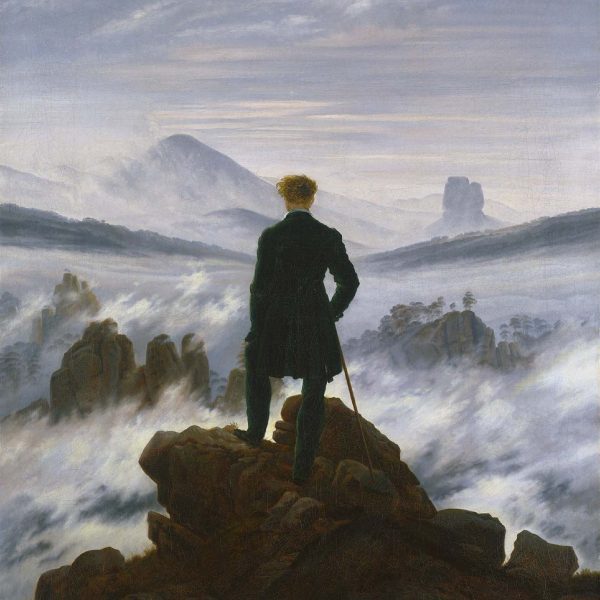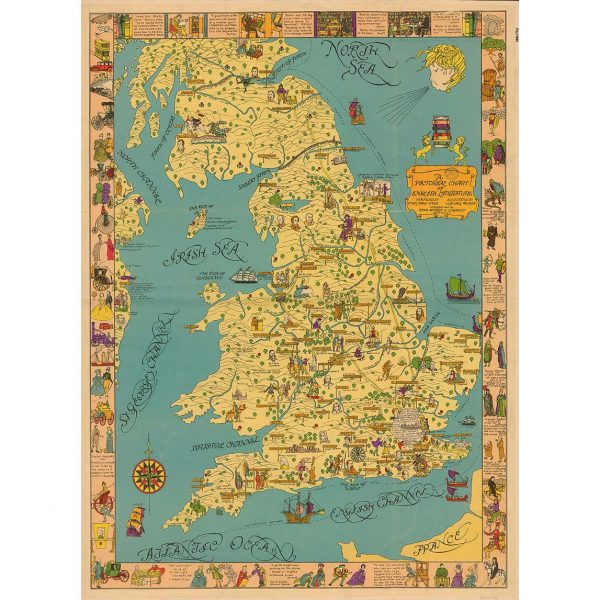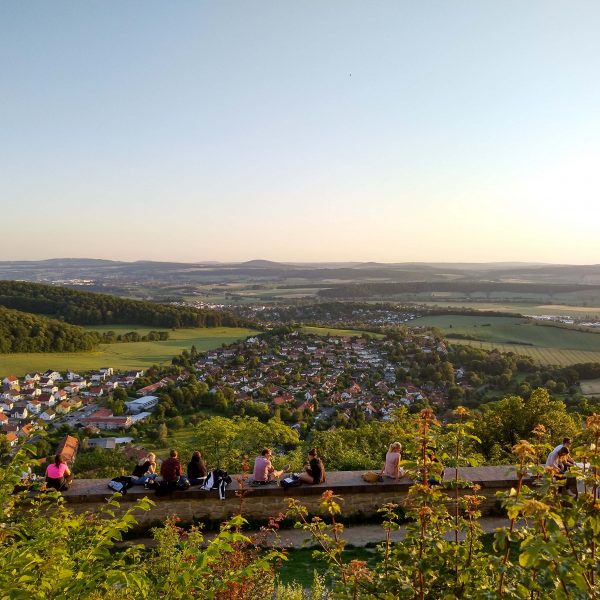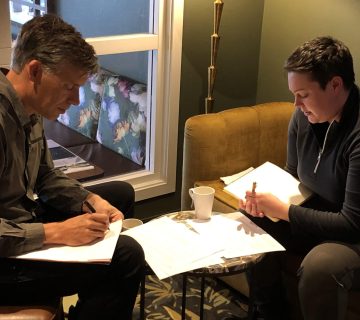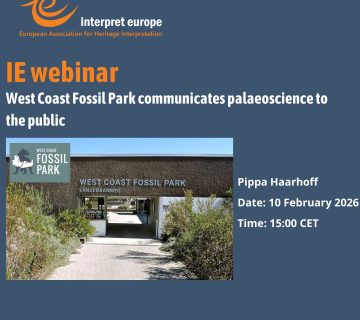‘Beauty in the eye of the beholder‘ being re-phrased as ‘Landscape in the eye of the beholder‘ could be one way to think about it.
The term ‘landscape’ denotes a section of space (or spatial unit) shaped by some kind of coherence, some unifying force. As a matter of fact, there is no generally valid, recognised definition of what landscape actually is. On the basis of its relatedness to the environment, to aesthetics, territory, society, politics, economics, geography, planning, ethnology and philosophy, the concept of landscape is considered to be a ‘composite’ notion shaped by a thousand years of Central European ideas and of literary and art history. The very term ‘landscape’ is ambiguous and it is used in different ways both in the scholarly world and everyday speech.
From whatever point of view a landscape is approached, an undeniable, irreducible subjective element remains. “Beauty is in the eye of the beholder” says the old folk wisdom. We might rephrase this to read: “Landscape is in the eye of the beholder“. This would mean that what we call ‘landscape’ has no real objective existence of its own but is – collectively and unconsciously – created or constructed by whoever happens to be observing it. A landscape only comes into being as a consequence of the subjective human perception of (natural) reality. Beholders chart their own ‘mental map’ of what they see – it becomes part of their ‘mindscape’. Thus, landscape is a function of the human gaze.
Particularly in the tourist industry, landscape elements and images are used, deployed and used as identification anchors for advertising purposes. Landscapes are reproduced – cited – in an attempt to underline, emphasise and highlight what is supposedly special, specific, individual, preferably unique, about – the peculiar charm of – that one particular small part of the globe. On the other hand, tourism has a tendency to create ideal landscapes for its own specific needs that do not necessarily match the realities. References to landscape can easily generate all sorts of images, stereotypes and clichés. As a consequence, a given landscape may trigger an illusion or dream in tourists of which they may not necessarily be aware. Sometimes the mere mentioning of landscape may be sufficient to engender images that fit it and reinforce the desire to ‘go there’, to travel. It is in the nature of things that such ideas and images project a one-sided picture of the positive sides of the desired destination and blank out any possible negative aspects. The images quickly leave reality behind, taking off and developing their own momentum and persuasive power. Landscape is scenery, setting – at times, a mere back-drop. The tourist industry hunts out and homes in on such illusional ideas and pipe dreams, linking landscapes with very specific positive associations and images by shaping and modelling landscapes that symbolise peace, abundance, friendship and happiness. None of this is pure reality – but it is marketed and sold as such. Last but not least, even wholly artificial worlds (theme parks, Disneylands) are constructed as a make-believe reality, as virtual spaces.
The topic can be explored in more detail in ZELTForum volume 11. The aim of the publication is to present various possible approaches to the phenomenon of ‘landscape’ by singling out and addressing individual instances of this fascinating multifaceted phenomenon.
The publication’s details are: Werner Kreisel, Peter H. Marsden, Tobias Reeh (Eds.) (2021) Interpreting Landscape: Interdisciplinary approaches / Die Landschaft interpretieren: Interdisziplinäre Ansätze. ZELTForum – Göttinger Schriften zu Landschaftsinterpretation und Tourismus – Vol. 11, Universitätsverlag Göttingen. ISBN: 978-3-86395-495-6. It can be ordered from: univerlag@goettingen.de. A free download is available at: https://univerlag.uni-goettingen.de
Werner Kreisel is Emeritus Professor of Human Geography in the Department of Geography at Georg- August-Universität Göttingen, Germany. His research focus is on tourism, in particular sustainable tourism, and heritage interpretation. He can be contacted at: wkreise@gwdg.de.
Peter H. Marsden retired from his position as Senior Lecturer in the Department of English Studies, Aachen University of Technology, Germany in 2007. His research focus is on sociolinguistics, and Australian and New Zealand poetry. He can be contacted at: peter.marsden@ens.unibe.ch.
Tobias Reeh is Senior Lecturer in Human Geography in the Department of Geography at Georg-August-Universität Göttingen, Germany. His research focus is on tourism, in particular sustainable tourism, and heritage interpretation. He can be contacted at: treeh@gwdg.de.
To cite this article: Kreisel, Werner, Marsden, Peter H. , Reeh , Tobias (2021) ‘Landscape is simply a matter of interpretation’ in Interpret Europe Newsletter 3-2021, 17.
Available online: https://interpret-europe.net/wp-content/uploads/2021/10/Newsletter-Autumn-2021.pdf

